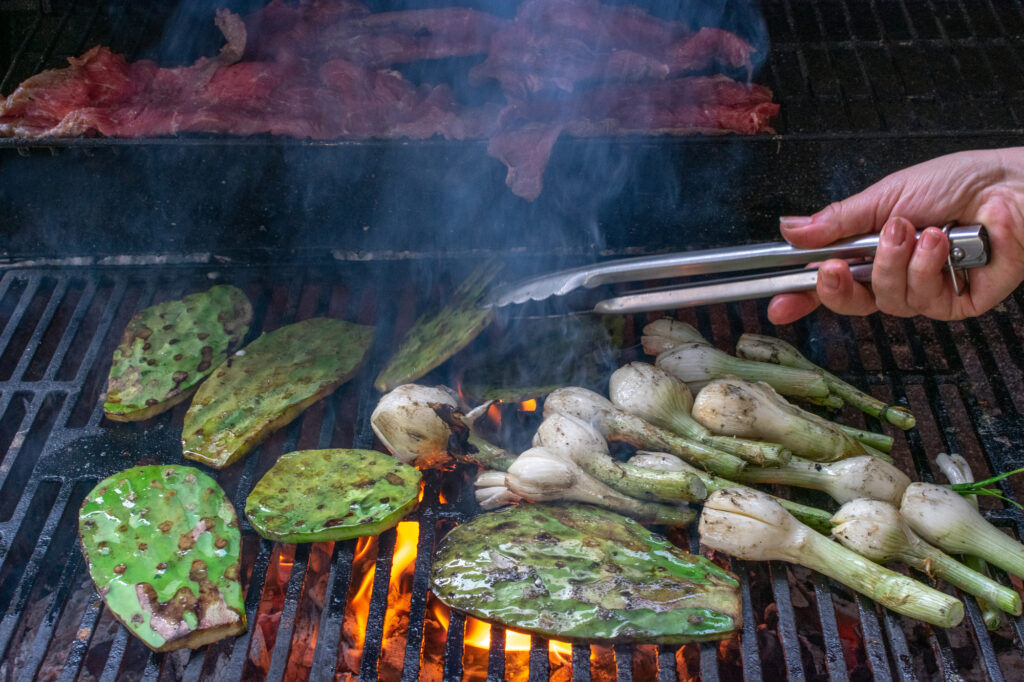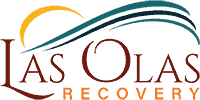
Baja California Sur’s Native Foods Are Empowering in Recovery
Baja California Sur is more than a beautiful place to recover. Its native foods offer powerful nutritional benefits that support healing while recovering from addiction. While many people discount or ignore the important role of nutrition, it’s important to help both the body and mind heal, especially in early recovery and detox.
Foods rich in antioxidants, omega-3 fatty acids, and essential vitamins are important, and these local ingredients can help repair the body and brain. Exploring how these foods contribute to restoring health can inspire a stronger, more lasting recovery journey.
Why Antioxidants and Omegas?
People recovering from substance use disorder (SUD) benefit from antioxidants and omega-3 fatty acids in foods because they can help repair damage, reduce inflammation, and support mental and physical health.
Addiction often causes nutritional deficiencies. It’s hard to take care of yourself while in the grips of an illness like SUD. When a person gets sober, correcting deficiencies can improve mood, energy, and brain function during recovery. It’s an important boost that can be overlooked in more commercial treatment settings.
Antioxidants in Foods Support Healing and Brain Health
People who have used opioids, methamphetamine, alcohol, or other drugs often have high levels of oxidative stress. Oxidative stress negatively affects mental health by damaging brain cells, disrupting neurotransmitters, and promoting inflammation. All of these factors can contribute to mood disorders, anxiety, and cognitive decline. Because of this, it’s harder to become emotionally stable. Memory, focus, and decision-making can become harder as well.
Oxidative stress means a person’s body has too many unstable molecules (called free radicals) that can damage cells. Vitamins C and E fight these free radicals and protect the brain and other organs. Vitamin C also helps with immune function and healing damaged skin and tissues. This is a vital nutrient in foods after long-term drug use. Vitamin E also protects brain cells and may help the nervous system recover as a person gets clean and sober.
Oxidative stress can also cause chemical imbalances that may make a person feel more depressed, anxious, or emotionally unstable.
The right foods can help restore the balance and help people in recovery feel and function better.
Specific Nutritional Deficiencies in Substance Use
People who have used drugs or alcohol often do not eat well and may not absorb nutrients properly. The foods from bars, gas stations, and other fast sources aren't good for ailing bodies or hurting minds. Here are some common deficiencies addicted people may have (depending on the substance used):
- Opioids: Users often lack B vitamins, vitamin C, magnesium, calcium, zinc, and omega-3s. These deficiencies can cause depression, mood swings, immune problems, and poor wound healing.
- Methamphetamine: Using meth can cause deficiencies of many vitamins. Users are often deficient in B12, vitamin C, vitamin D, calcium, magnesium, and zinc. These shortages can lead to fatigue, bone problems, and nerve pain.
- Alcohol: The most commonly caused deficiencies are thiamine (vitamin B1), folate, magnesium, vitamin D, zinc, and iron. Severe deficiencies can lead to serious brain conditions like Wernicke’s syndrome, which eventually causes psychosis and other problems. Deficiencies can also cause anemia and depression.
Healing Foods from Baja California Sur for Addiction Recovery
Local foods in Baja California Sur offer natural ways to rebuild health, reduce inflammation, and support brain and body healing. There are plenty of native foods available to people who shop at open-air farmers markets called tianguis markets, which are operated in various neighborhoods in La Paz and boast fresh seafood, fruits, and vegetables.
Here are some of the healing foods that aid people in recovery:
- Shellfish (oysters, clams, mussels): These are rich in omega-3 fatty acids, which help reduce brain inflammation and support mood. They also contain zinc, vitamin B12, iron, and protein—nutrients often low in people recovering from SUD.
- Local fish (tuna, sardines, marlin): Fatty fish are excellent for brain health. The omega-3s in fish support memory and emotional balance. Fish also provides vitamin D, magnesium, and B vitamins, which help with energy and nerve repair.
- Nopal (prickly pear cactus): Nopal is high in fiber and antioxidants. It supports gut health, which is important because substance use often damages digestion and nutrient absorption. Nopal also contains calcium, vitamin C, and magnesium.
- Maize and beans: Both these Mexican staples offer complete protein and essential minerals like zinc and magnesium. They’re also rich in fiber and B vitamins. These nutrients help with energy levels, immune strength, and brain function.
- Salicornia (sea asparagus): This salty coastal plant is native to Baja California Sur. It contains minerals like magnesium and iodine, which support nerve and thyroid health. It also has antioxidants that help the body fight stress and inflammation.
Many people recovering from addiction are low in vitamins B1, B12, C, D, zinc, and magnesium. These nutrients are essential to all life, but especially people who have been abusing their bodies with substances for a while. Nobody feels great after a period of active addiction, and part of it has to do with these nutritional issues. Feeding the body the right things can also help people focus on repairing their mind and spirit.
The right nutrients help repair the brain, stabilize mood, and restore energy.
Getting Help For Addiction
Restore your body, mind, and spirit as you recover from addiction. Las Olas Recovery is here to help you recover and begin a new chapter in life, with clinical professionals and staff who are here to support you every step.
Get in touch in the US at (949) 279-1376 or Mexico: (612) 153-5726 to learn about our programs and how we can help.
Give our compassionate bilingual staff a call today.
